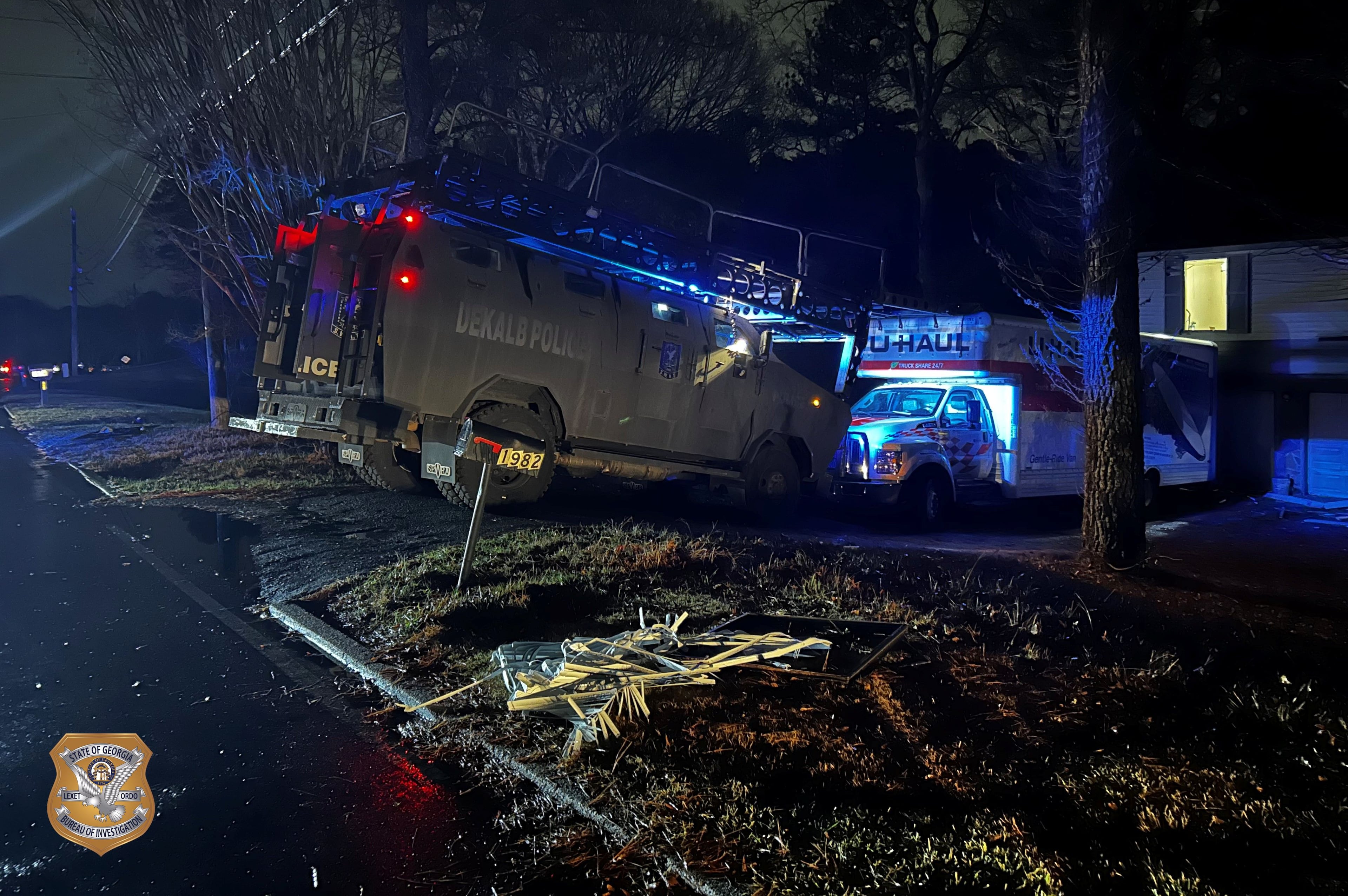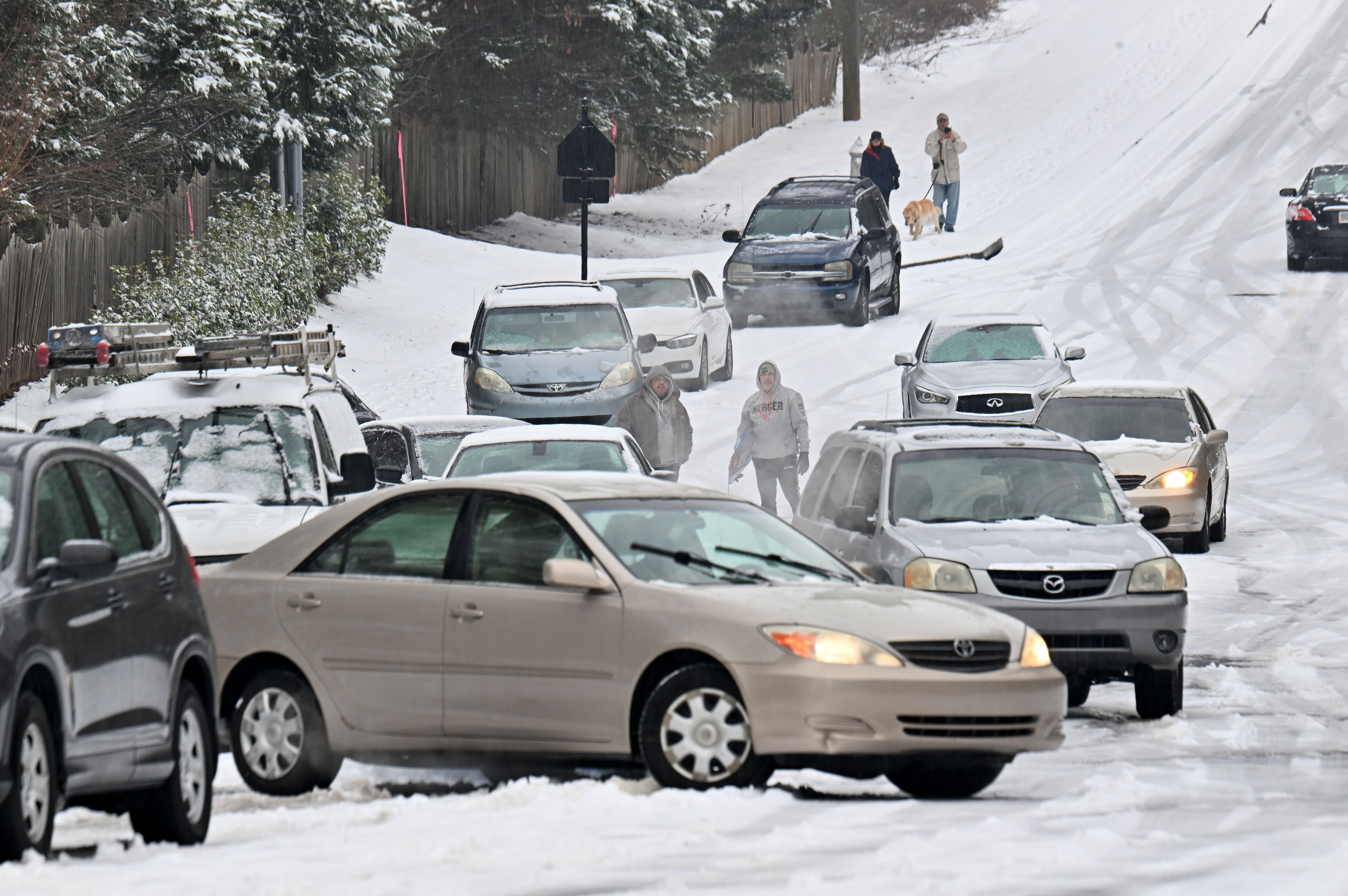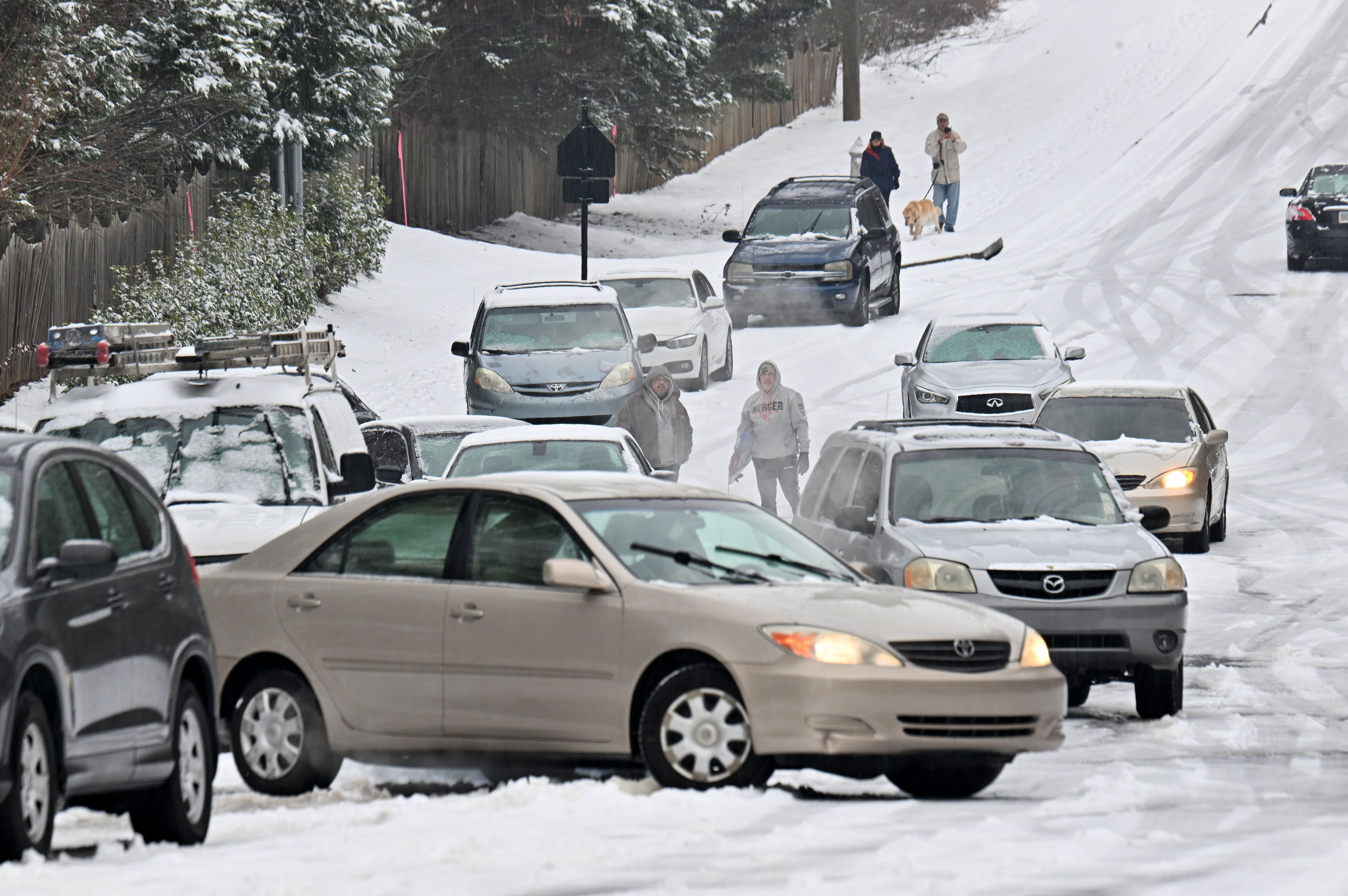Opinion: U.S. DOT’s new grant policy needs to be about transportation, not politics

With the whiplash of the flurry of executive branch changes and directives in the new Trump Administration, one from the national Department of Transportation flies under the radar. Transportation Secretary Sean Duffy and his team sent a memo to his department that, among other things, outlined how to apportion federal funds and where they should prioritize that money. Some of these priorities seem to point to political preferences rather than actual needs.
One parameter instructs the department to prioritize user-pay infrastructure. An example of this would be the Peach Pass Express Lanes along parts of I-85, I-75, and I-575 (and coming soon to I-285 and GA-400). This makes sense, as taxes rise and so does the cost of building and fixing roads. Finding paths for infrastructure to pay for itself with tolls makes it sustainable, especially in areas with population growth.
But then these directives become more controversial and less sensible.
Another of the U.S DOT’s grant guidelines is the prioritization given to areas “with marriage and birth rates higher than the national average,” as the memo says. There are not any listed parameters as to what constitutes a given community or even what marriage is, for that matter. The open-endedness of it leaves the policy ripe to misinterpretation and even discrimination.
At first glance, prioritizing DOT funding to areas with families makes some sense. Families represent growing population size and, thus, a need for greater infrastructure. But birth and marriage are only partial measures of occupancy and density.
For instance, a rural area could have a higher birth and marriage rate per capita than the national average, but not actually a large populace in the community.
Many single people have children. Many married people do not. So if the new family-centric DOT grant policy is truly about serving growing populations, then the guidelines are incomplete at best.
More urban areas with lower birth rates - and that vote reliably farther to the left - would be less likely to win federal transportation grants. Of course, that is problematic for many reasons, but especially because cities have greater traffic problems and urgency to fix them.
The U.S. DOT memo also mandates that local funding be reliant on local principalities’ assisting in immigration enforcement and prohibits funding to entities that have vaccine or mask mandates.
Those stipulations are absurd. Immigration enforcement and transportation funding go together like spaghetti and tuna fish. Masking and vaccinating, while divisive issues, also seem to have little affiliation with a community’s needs in building a bridge or expanding an airport.
These political-sounding pieces of the memo affirm what is suspected about the family-planning guideline: Transportation funding is just another of many tools being deployed in the past few weeks to rapidly change socioeconomic policies.
I have argued for years that the great thing about traffic and transportation is that it is a “unity ticket.” Everyone hates getting stuck in traffic. Everyone wants their flights and deliveries to be on time. Everyone wants their bridges and sidewalks to be safe. Safety and efficiency transcend white, black, male, female, rich, poor, right and left. People may disagree on how to arrive at safety and efficiency, but they are united in that they want them.
Anything that involves a subjective drawing of the line that apportions funding is political. That is politics, by definition. But this latest initiative of President Trump’s DOT - prioritizing families, while also steering more funds toward communities that favor more right-wing policies - is a myopic step too far.
Both sides complain about the politicization of organizations with whom they disagree. A big complaint in the Biden and Obama years was the proliferation of climate and DEI policies in places where those issues seemed improbable fits. U.S. DOT has largely stayed above this fray, but now is subtly sinking into the muck.
Doug Turnbull has covered Atlanta traffic for over 20 years and written “Gridlock Guy” since 2017. Doug also co-hosts the “Five to Go Podcast,” a weekly deep dive on stories in motorsports. Contact him at fireballturnbull@gmail.com.



